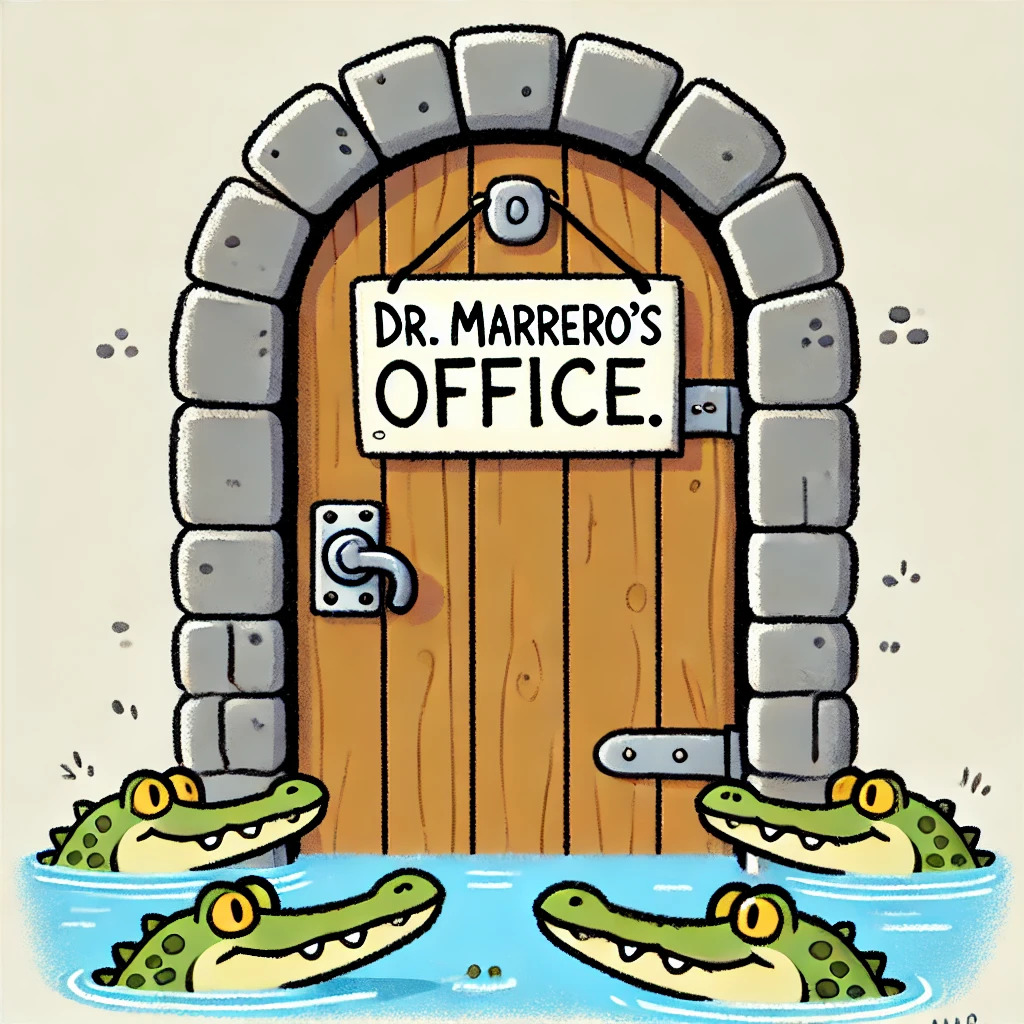The Denver Public Schools board threw a big bone to the Denver Classroom Teachers Association last month by proposing to strip the school district’s 52 innovation schools of freedoms they’ve enjoyed from the teachers union contract.
Whether this move, if formalized in March as expected, is legal under the 2008 state innovation schools law will probably have to be determined in court.
The innovation school proposal came just a couple of weeks after the board approved renewals for 16 charter schools. A cynic might be forgiven for seeing a linkage between these two issues.
The idea behind the innovation schools law, in the words of its legislative declaration, is that “the principal of the school and the faculty (should) have the maximum degree of flexibility possible to determine the most effective and efficient manner in which to meet their students’ needs.”
Unlike charter schools, which run autonomously and have their own boards, innovation schools remain under the authority of the school district. But the law gives innovation schools a taste of charter-like autonomy, by freeing them of some of the strictures imposed by district regulations and the teachers union contract.
Any waivers from the union contract must be approved by a vote of the school staff, with at least 60 percent of union members at the school voting in favor. So arguments that innovation schools work against teachers’ best interest are specious at best.
Innovation schools in Denver have an uneven track record. In the law’s early days, DPS granted a large number of schools innovation status, without carefully vetting their readiness. Over the past several years, however, the district’s Portfolio Management Team has developed a rigorous authorization process that mirrors its model charter school authorizing. Newer innovation schools have, on average, performed better than those earlier schools.
DPS board member Scott Baldermann is leading the effort to bring innovation schools back into the fold. As he introduced the proposal on Jan. 20, he explained his rationale by saying that “it’s about supporting our teachers…by treating them fairly, especially in these COVID-challenged times.”
Under Baldermann’s proposal, as Superintendent Alex Marrero negotiates a new contract with the DCTA beginning this month, the board directs him to ensure that all teachers, whether employed in an innovation school or traditional DPS school will, among other things, have a workload “commensurate with a 40-hour workweek” and have “minimal non-teaching duties.”
The proposal would prevent innovation principals from offering additional pay to teachers for high student test scores or top school ratings. Additional pay for working in “high poverty schools” would be OK, however.
Pay would “correlate with teaching/classroom experience.” In other words, stick to the salary schedule and don’t reward teachers who excel at their work.
Another dagger to the heart of innovation schools in Baldermann’s proposal would require the schools to adhere to the DPS calendar without deviation. Additional instructional days would be prohibited under this proposal. It doesn’t address whether longer days would be acceptable, but the 40-hour workweek clause throws that into question as well.
The next step in the process is for board members to “engage the community” to gather feedback before voting on the proposal in March.
This is the latest sign that the current board wants all schools to march in lockstep to a tune composed and conducted by the DCTA. I see a whole host of problems with this, but I’ll highlight just a couple of the most glaring.
First, most teachers already work more than 40 hours a week, bless them. It’s a demanding, exhausting job, and it can’t be done well within the confines of a school day. Teachers take work home, grading papers, preparing lessons, answering student and parent queries. If the district tries to mandate a work-to-rule 40-hour week, the system would probably collapse.
Second, and related to the first point, teachers are professionals and should be treated as such. Teachers frequently and justifiably complain that they aren’t accorded the respect or the pay of other professionals.
Being a professional means, in part, working for a salary and spending the hours required to perform your duties. Yet collective bargaining agreements try to take the professionalism out of teaching, and make teachers more like assembly-line workers. When the factory whistle blows, it’s time to clock out. Fortunately, few teachers adhere to this.
The best innovation schools, like charters, have provided a safe harbor for teachers who don’t want any part of that model, but want to work in a professional environment. Now the DPS board wants to take that away.
Doing this might make some teachers happy, but it will anger and dismay others. And it won’t serve the students of Denver well.




